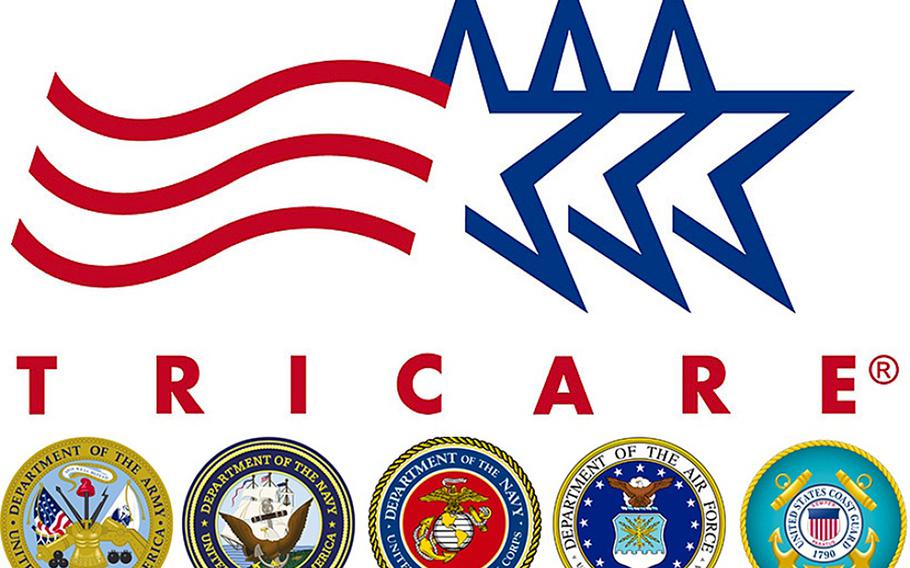
()
WASHINGTON — Active-duty service members and other women who use Tricare for their medical treatment would benefit from the latest technology for breast cancer screening under new legislation expected to be introduced Thursday in the House and the Senate.
The Better and Robust Screening Today Act, or BRST Act, would require Tricare to offer digital breast tomosythesis as a primary and preventive health care service to military members, retirees and their families.
Digital breast tomosynthesis, referred to as DBT, builds a three-dimensional image of a breast to better detect and diagnose breast cancer, especially for women with dense breast tissue.
The technology is already available to women who use Medicare or the Department of Veterans Affairs for their health care. Tricare, though, covers only mammograms with two-dimensional images, which some lawmakers say is a suboptimal standard of care.
“What we’re hoping is that in dropping this particular legislation, that we’re able to fix this gap,” said Rep. Chrissy Houlahan, D-Pa.
Houlahan is leading the bill in the House, and Sen. Martha MacSally, R-Ariz., is sponsoring the Senate’s version. Both women are veterans. McSally, a former combat pilot, retired from the Air Force after 22 years. Houlahan’s father was a career naval aviator, and she worked for several years as an Air Force engineer.
As a retiree, McSally is eligible for Tricare but primarily receives medical treatment from the VA, she said.
“I’m going to get a mammogram next week, but I’m going to the VA, so I’ll have better technology than those on Tricare,” McSally said. “And that’s ridiculous.”
Breast cancer is the most common type of cancer for women, with one in eight women developing the cancer in their lifetimes, according to the American Cancer Society. DBT has been found to help radiologists detect breast cancer and to reduce the need for biopsies.
McSally and Houlahan sent letters in September to Thomas McCaffery, the principal deputy assistant secretary of defense for health affairs, urging him to expand Tricare coverage to include DBT screenings. Ten female senators signed the letter with McSally, and 50 House members signed Houlahan’s version.
McSally said Wednesday she was still waiting for McCaffery’s response.
“When a problem comes to us, I ask, ‘Does this literally take an act of Congress to fix?’ Oftentimes, we can, in our oversight role, shine a light on a problem and get the agency to fix what they’re doing and do the right thing,” McSally said. “In this case, they appear to not be budging. So, we’re dropping the legislation.”
The lawmakers view the legislation as a patchwork fix until language could be added next year to the National Defense Authorization Act.
Both women said their military service gives them a “unique lens” to address issues facing female veterans and service members — including the lack of DBT screenings.
The 116th Congress has a record number of female veterans, with a total of seven in the House and the Senate. Female veterans in the House doubled during the 2018 congressional elections, from two to four.
Earlier this year, the House created the Servicewomen and Women Veterans Congressional Caucus, which Houlahan chairs. Houhalan first heard about Tricare not providing DBT screenings when advocates brought the problem before the caucus.
“It is a unique perspective that I think people like us bring to Congress,” Houlahan said. “We have experienced the difficulties of serving and the issues when we become veterans.”
The House and Senate versions of the BRST Act will be introduced Thursday. Houlahan and McSally said they’re optimistic about the bills’ chances of making it through their respective chambers.
wentling.nikki@stripes.com Twitter: @nikkiwentling